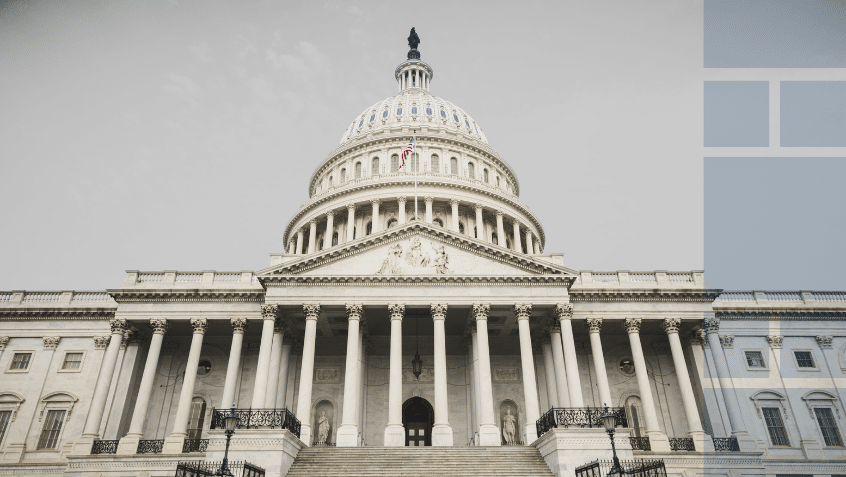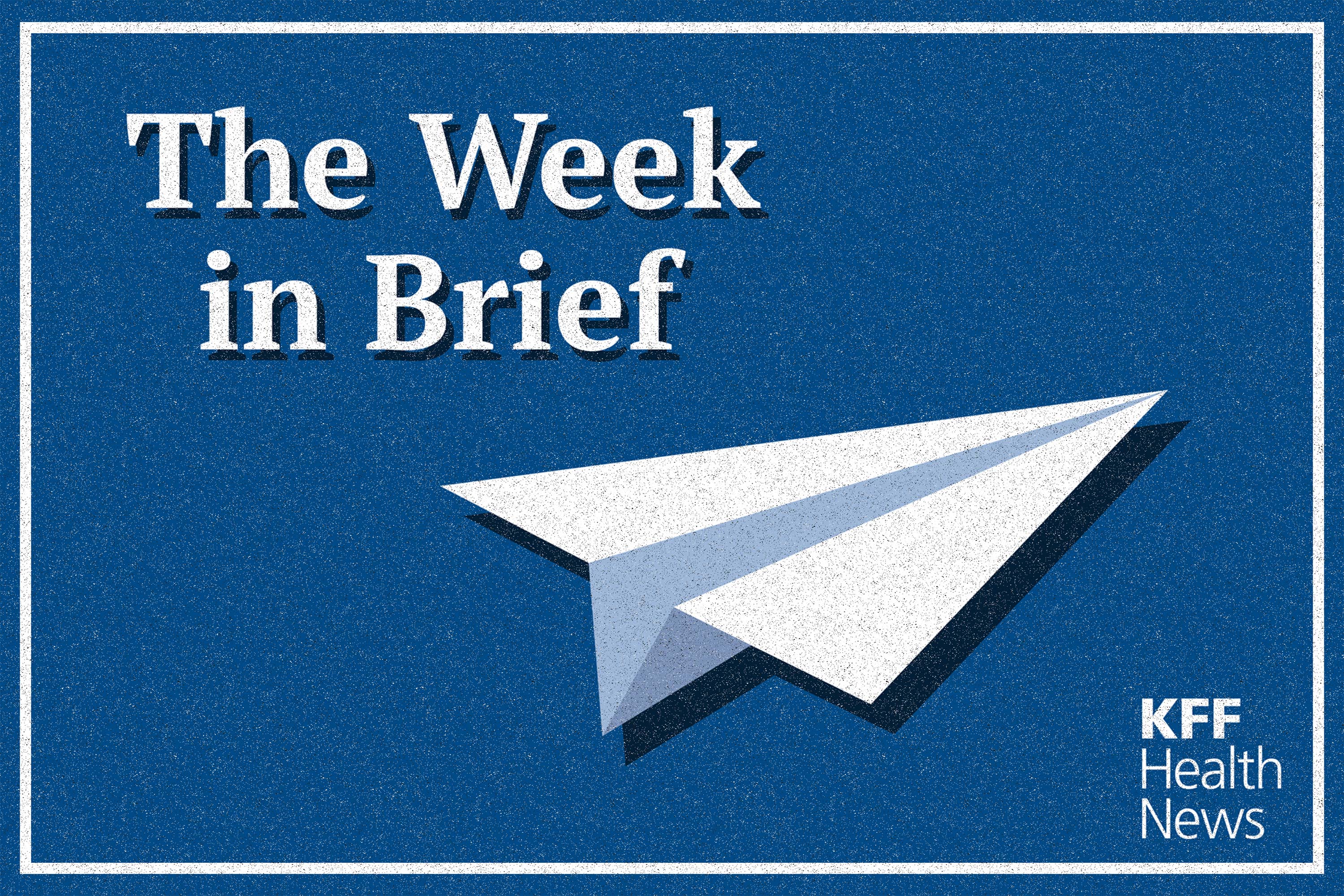Update, July 3, 2025: The House passed the legislation—along party lines and without a single Democratic vote—that will rip critical health and nutrition programs for millions of Americans. Learn more about the bill’s devastating impact below.
An Overview of the Harmful Budget Bill
Senate Republicans passed a devastating budget bill that would slash Medicaid, Medicare, and SNAP (food assistance) and strip coverage from 17 million Americans to pay for tax cuts that disproportionately benefit high income earners. Because both chambers must pass an identical bill for it to become law, attention then turned to the House. Lawmakers were aiming for final passage by July 4.
The Medicare Rights Center forcefully condemns this legislation and called upon the House to reject it. The bill would strip health coverage from millions, increase out-of-pocket costs, deepen poverty and food insecurity, and destabilize the entire health care system. Its rollbacks represent the biggest cuts to health care and food assistance in history, wiping out recent gains in coverage and outcomes. Older adults, people with disabilities, children, and families with low incomes would be among those most at risk and hardest hit.
The Bill Would Create Harms at an Unprecedented Rate and Scale
Cuts Medicaid by imposing harmful work reporting requirements, increasing enrollee cost sharing, making Medicaid harder to qualify for, enroll in, and keep; eliminating access for many lawfully present immigrants; reducing state financing options; and restricting state payments to hospitals, nursing facilities, and other providers.
Undermines Medicare by stripping coverage away from current enrollees, halting rules that would make nursing homes safer, and reducing beneficiary access to cost-assistance programs (the Medicare Savings Programs and the Part D Low-Income Subsidy) that make coverage, care, and prescription drugs more affordable.
Threatens ACA Coverage by eliminating tax credits that help more than 22 million people buy marketplace plans, narrowing sign-up windows, and creating other barriers to enrollment, as well as changing eligibility requirements based on immigration status.
Slashes SNAP Benefits by increasing red tape and shifting costs to states, putting food security and healthy eating at risk for millions of older adults, people with disabilities, and children. If states can’t make up for these massive new costs, they would have to cut SNAP eligibility or terminate the program entirely.
Direct Harm to Older Adults and People with Disabilities
Increases Medicare Costs for Low-Income Beneficiaries by eliminating key improvements that streamline access to the Medicare Savings Programs (MSP). The nonpartisan Congressional Budget Office (CBO) projects nearly 1.4 million low-income people with Medicare—more than 10% of the dually enrolled Medicare-Medicaid population—would lose their MSP coverage due to the rollback of these simplifications. This would undo years of progress in reducing health and financial insecurity among older adults and people with disabilities.
Lowers Social Security Checks by forcing beneficiaries to pay higher Medicare costs. In 2025, without an MSP, enrollees would lose at least $185 per month (the cost of the Part B premium). These financial burdens would grow with time; annual Part B premiums are projected to reach nearly $2,500 in 2026 and more than $4,000 by 2034. Enrollees with very low incomes have even more at stake—they would lose MSP coverage of additional Medicare expenses, like deductibles and copayments. These costs would consume a significant share of limited beneficiary budgets: One case study found that an older couple living on an annual income of $21,000 would pay $8,340 more for Medicare next year.
Makes Prescription Drug Coverage More Expensive for low-income Medicare beneficiaries. People with MSPs are automatically enrolled in the Part D Low-Income Subsidy (LIS)/Extra Help, which helps them afford their Medicare prescription drug coverage. The Social Security Administration estimates LIS saves enrollees about $6,200 per year, a number that is likely to rise as drug prices do. Without MSP and its coordination with LIS, beneficiaries would be on the hook for those costs, too.
Imposes Harmful Medicaid Work Reporting Requirements by creating a job loss penalty that would apply to individuals up to the age of 64, putting coverage and care at significant risk. CBO finds that at least 5.2 million adults would lose Medicaid, including many who are working or should have an exemption, but who would nevertheless get tripped up by the requirement’s red tape. This provision would likely have a disproportionate impact on the 22 million Medicaid enrollees who are 50 or older, who face outsized barriers to steady employment as well as obstacles to compliance reporting, all while having no impact on overall employment rates.
Puts Long-Term Care at Risk by making it harder to qualify for Medicaid coverage and shifting costs to states. This is overwhelmingly likely to result in cuts to Home- and Community-Based Services (HCBS). The bill also effectively repeals the Nursing Home Minimum Staffing Rule, endangering the lives and well-being of thousands of people with Medicare by allowing inadequate nursing facility staffing.
Reduces ACA Plan Enrollment and Affordability by failing to renew the premium tax credits that help more than 22 million people—including many older adults who are not yet Medicare-eligible—afford ACA marketplace plans. As a result, nearly 5 million adults ages 50 to 64 would face higher ACA premiums next year. Those who can’t pay will likely drop their coverage and become uninsured, leading to worse health and higher Medicare costs. Roughly 8 million people who would lose ACA coverage would remain uninsured.
Restricts Medicare and ACA eligibility by terminating Medicare coverage for many individuals with lawful immigration status who have worked and paid taxes in the US for decades. This is a dangerous precedent and a significant departure from current, longstanding policy, which recognizes eligibility for everyone who has paid sufficient Social Security and Medicare taxes. Many would have nowhere to turn for coverage, as the bill would also cut off their access to ACA tax credits. Federal law already restricts Medicaid eligibility for people with lawful status who do not have a green card, but the bill would go even further, penalizing expansion states for using state-only funds to cover noncitizens otherwise ineligible for Medicaid.
Paves the Way for Bigger Medicare Rollbacks by ballooning the national debt. Doing so would trigger massive cuts to Medicare totaling nearly $500 billion. Rising deficits would further jeopardize Medicare’s long-term outlook by creating a funding hole that lawmakers could use as an excuse to pursue future program cuts.
Increases Hunger and Food Insecurity by making significant cuts and changes to SNAP that would threaten access to needed food assistance for lower-income Americans. SNAP helps more than 40 million people purchase the food they need to build and maintain their health. About 10 million SNAP households include at least one adult age 50 or older. Slashing the program would lead to more poverty and worse outcomes.
Massive Coverage Losses and System-Wide Harm
Nonpartisan Analysis Confirms Devastating Coverage Losses from the bill. The CBO projects roughly 17 million additional people would lose health insurance as a direct result of the bill’s policies. This includes people who are insured through Medicaid, the ACA, and Medicare. Those who maintained coverage would face more onerous administrative requirements, higher costs, reduced services, and less access to care.
Ripple Effects on Hospitals, Providers, and Communities from cuts to Medicaid and Medicare would jeopardize hospitals and health clinics—especially in rural communities—likely forcing facility closures, triggering job losses, and destabilizing local economies. These reductions would drive up health care costs for everyone, even people with private insurance.
Job Losses Across States Would Skyrocket rapidly. According to recent analysis, in 2029, the bill’s Medicaid and SNAP cuts would cost states $154 billion—18% more than they would save the federal government ($131 billion). Nationwide, 1.22 million jobs would be lost, and state and local tax revenues would drop by $12 billion. Cuts to Medicare and the Marketplace would further disrupt the economy and employment.
Less Access to Care and Higher Health Risks would lead to more harm and suffering, more preventable deaths, increased reliance on emergency rooms, and worse health outcomes. Research consistently finds that people facing higher out-of-pocket costs for health care cut back on the care they receive, even if it is necessary for their health and safety. This leads to worse health, higher care needs, and more hospitalizations—effects that drive up costs for individuals and system-wide.
More Preventable Deaths would occur due to reduced access to affordable, high-quality coverage and care. Researchers estimate over 51,000 additional people would die each year if the bill is enacted. This includes 18,200 low-income Medicare-Medicaid enrollees who would lose MSP and LIS. Another 20,000 lives could be lost each year from disenrollments in Medicaid and Marketplace coverage and 13,000 from the rollback of nursing home staffing rules.
Public Opinion is Clear: Americans Oppose These Cuts
Polling Consistently Shows Strong Public Opposition to the Bill. Recent polling echoes previous findings that show widespread, bipartisan concern about cuts to Medicaid and SNAP, and fear that the bill’s policies would limit access to affordable health care and long-term care services. There is also broad opposition to exploding the deficit and cutting taxes for higher-income households. Although the bill’s proponents have obscured its details and impacts, those realities are breaking through—and the more people learn about what it does, the less they like it.
Congress Is Ignoring the Will of the People. The reconciliation bill runs counter to public opinion and ignores the growing demand for stronger—not weaker—health coverage and nutrition assistance.






























